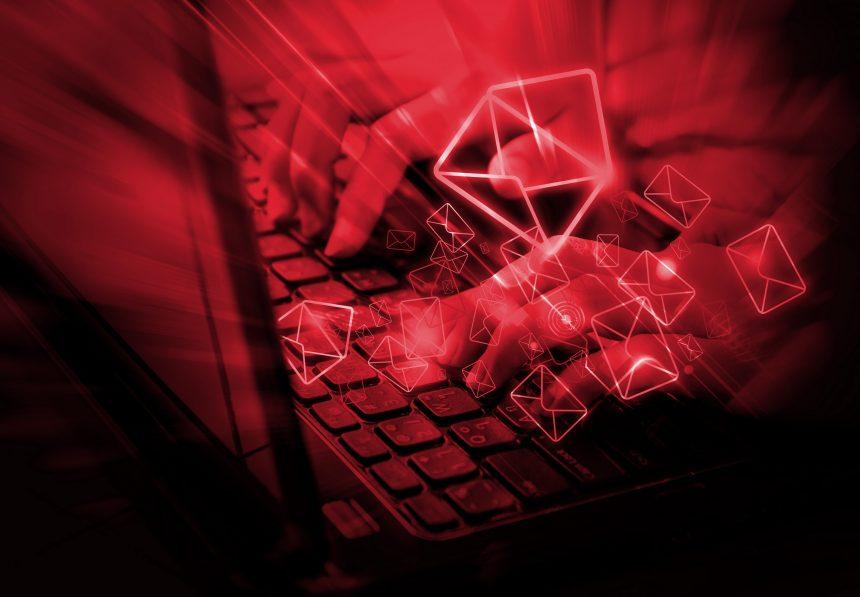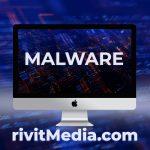In today’s digital landscape, cyber threats come in various forms, and email scams remain a prominent vehicle for cybercriminals. One such deceptive email, “RFQ Doc List,” masquerades as a potential business proposal while hiding a sinister phishing scheme. In this article, we’ll uncover the true purpose of the “RFQ Doc List” email scam, the risks it poses, and essential steps to protect yourself from falling victim to such phishing threats.
Understanding the RFQ Doc List Email Scam
The “RFQ Doc List” email scam arrives in your inbox with a subject line that may vary but often includes “RFQ doclist 0-93297 Emirates Ajman.” It presents itself as a legitimate business proposal, often mentioning an attachment containing RFQ (Request For Quote) documentation. The recipient is prompted to review and confirm the delivery date and payment methods, making it appear as a typical business email.
However, it is vital to emphasize that the claims made in this email are entirely false, and it has no association with legitimate companies or entities, such as Emirates Marble. The attachment, typically named “rfq_doclist 0-93297.htm,” poses as a Microsoft Excel spreadsheet. It instructs the recipient to use their email account password as a verification measure to access sensitive information. In reality, this HTML document is a phishing file designed to capture and transmit provided data to scammers.
The Purpose of the RFQ Doc List Email Scam
The primary goal of the “RFQ Doc List” email scam is to steal email account login credentials through a phishing scheme. Cybercriminals are particularly interested in hijacking email accounts because they serve as a gateway to various other accounts, platforms, and services. Stolen email credentials can be used to impersonate the account holder and perform a range of fraudulent activities.
Once scammers gain access to an email account, they can exploit it in several ways:
Impersonation
cammers can use the compromised email account to send fraudulent emails to the account holder’s contacts, friends, or colleagues. These emails might request loans or donations, promote scams, or spread malware via malicious links or files.
Data Theft
Scammers may access personal data and confidential information stored in the email account. This data could be used for blackmail or other malicious purposes.
Financial Frauds
Stolen email accounts linked to financial services (such as online banking, money transfers, e-commerce, and digital wallets) can be exploited to make fraudulent transactions and unauthorized online purchases.
Protecting Yourself from the RFQ Doc List Email Scam
To safeguard yourself from falling victim to the “RFQ Doc List” email scam and similar phishing threats, consider these protective measures:
Verify Sender Identity
Always scrutinize the sender’s email address and verify its legitimacy. If an email appears suspicious, contact the supposed sender through official channels to confirm its authenticity.
Use Multi-Factor Authentication (MFA)
Implement MFA for your email accounts. MFA adds an extra layer of security by requiring more than just a password for access.
Beware of Email Attachments
Avoid opening email attachments or clicking on links in unsolicited emails, especially if they request sensitive information.
Change Passwords
If you suspect your login credentials have been compromised, change the passwords for all your potentially exposed accounts, and notify their official support.
Conclusion: Safeguarding Against Email Phishing Threats
In an era where digital communication is at the heart of our personal and professional lives, email phishing scams like the “RFQ Doc List” serve as a stark reminder of the ever-present cyber threats. Understanding the modus operandi of such phishing attempts is the first step towards protecting your online security and privacy.
By unmasking the deceptive nature of the “RFQ Doc List” email scam, we reveal the sinister intentions behind seemingly innocuous emails. These scams seek to pilfer your email credentials, granting cybercriminals access to your digital identity and, subsequently, an array of illicit activities. To fortify your defenses, it’s imperative to scrutinize sender identities, employ multi-factor authentication, exercise caution with email attachments, and act swiftly to change passwords and notify official support if you suspect a breach.
In the ever-evolving landscape of cyber threats, vigilance and responsible email practices are your best allies. By staying informed and adopting protective measures, you can thwart the efforts of phishing scammers and keep your online interactions secure. Your online security is a paramount concern, and your diligence ensures you navigate the digital world with confidence and peace of mind.





